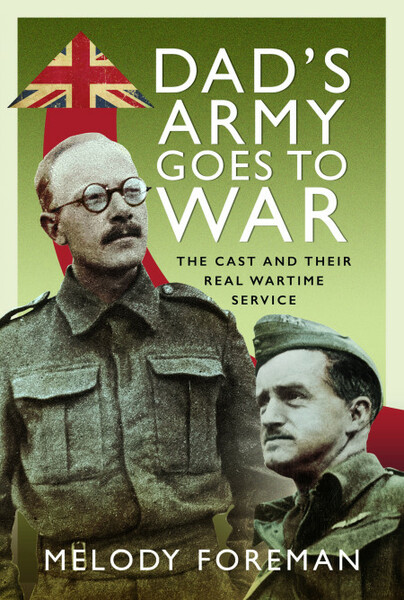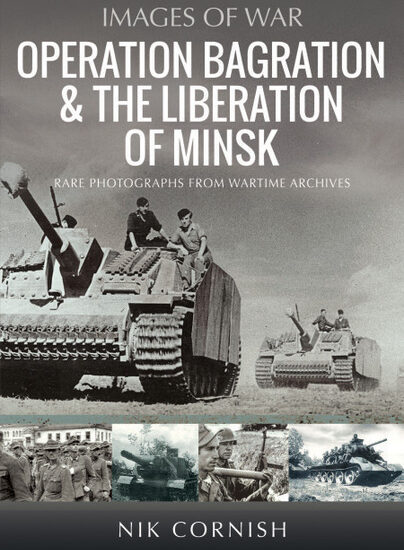Author Guest Post: Melody Foreman
DAD’S ARMY GOES TO WAR
Funnily enough, I was flicking through the television channels the other day and, of course, there on the screen appeared the ever-fresh cast of the smash hit television comedy show – Dad’s Army. It also happened to be the episode in which my favourite character, Private Charles Godfrey, in real life the actor and playwright Arnold Ridley, proved to be the catalyst for the bewitching irony which for me made this series so resoundingly popular.

As I watched, the fictional Walmington-on-Sea platoon learnt they must wear their medals on parade. It is the gentle, bumbling Godfrey who innocently tells them all he was a conscientious objector during the 1914-1918 conflict. Aghast and full of prejudicial horror that there might be a ‘coward’ among them, the men are in for a shock when they eventually discover the truth about the actual heroism of their elderly comrade.
Of course I’d already had a chuckle at the self-appointed leader Captain Mainwaring (Arthur Lowe) not having any decorations or ribbons to wear on his chest, in contrast to the dramatic display glittering brightly on the red regimental tunic worn by Lance Corporal Jones (Clive Dunn), who had served in the Boer War. Private Frazer (John Laurie) was wearing his rare Arctic Medal, and even the languid Sergeant Wilson had found the energy to pin on his 1914 Star, British War Medal and the Victory Medal.

The surprise about Godfrey came soon after the scene in which the platoon took part in a training exercise that involved the men running through a smoke-filled hut, at which point the doughty Captain Mainwaring failed to re-appear on the other side. As the honourable first aider, it was the kindly Godfrey who re-entered the smouldering space and rescued a choking Mainwaring from serious danger.
When Godfrey, badly affected by the smoke, was confined to his bed to recover from the incident, the men arrived at the cottage to thank him. It was then that Godfrey’s sister, Dolly, told them her brother was a hero in the First World War – during which he was awarded the Military Medal for his bravery. It turned out that as a conscientious objector Godfrey had served in the Royal Army Medical Corps on the front-line and carried injured soldiers on his back, through the mud and barbed wire, to safety.

In the scene, Dolly proudly showed the surprised platoon the framed photograph of Godfrey being presented with his MM that hung on the wall behind his bed. The moral of the episode was about not judging books by their covers or jumping to conclusions. It also turned out that Godfrey’s medal outranked any decorations among the rest of the platoon – even those worn by old soldier Corporal Jones!
However, during the writing of this book it was the real life experiences of William Arnold Ridley that haunted me the most. And as a young man, he admitted to having quite a temper, especially on the day he was so angered during a confrontational conversation that he threw one man out of a window. Indeed, he confessed how in those days he wasn’t the quiet unassuming Godfrey we all came to know and love.
Lance Corporal William Arnold Ridley (Godfrey) of the Somerset Light Infantry was twenty years old when he fought in the Battle of the Somme, was badly injured in the groin, bashed about the head, and in one battle was so horrifically wounded in one arm that in later life he was unable to carry a rifle in Dad’s Army. Instead, as Godfrey, viewers only saw him carrying his first aid satchel over his shoulder.
In Dad’s Army Goes to War, it is Ridley’s son Nicolas who reveals how his father suffered terrible nightmares throughout his life, and even at the age of 72, when he joined the cast of Dad’s Army, how he was still afraid to open up about his experiences in the trenches. It seems that on the few occasions that he did ever did talk about them, it was to his fellow actor and co-star John Laurie, who was also a veteran of the First World War.
In 1923 it was while waiting on a railway platform one dark night in Bristol that Ridley wrote his play The Ghost Train which proved to be a massive theatre and film success. Sadly, he sold the rights to his masterpiece and never got to enjoy much of the profits.
Ridley served in the Second World War with the rank of Captain. His job was to work with journalists in Northern France, who often complained they were treated like spies. Interestingly, Kim Philby, a future member of the Cambridge Five and a double agent for the Soviets, was among them.
After Ridley was discharged from service in 1940 on medical grounds, he joined his local Home Guard and then went on to be involved with ENSA (Entertainment National Service Association). In the following decades he revived his career as a professional actor and a screenwriter. Ridley finally enjoyed financial security when he joined the Dad’s Army cast in 1968.
In 1984 this extraordinary war hero died aged 88 and was buried in Bath Abbey Cemetery. Yet he’ll never be forgotten, as we only have to turn on the television, YouTube or the social media fan pages devoted to Dad’s Army, or visit the brilliant Dad’s Army Museum in Thetford, and there we’ll find him uttering his famous catchphrase, ‘May I Be Excused?’ I think he had the last laugh.

Order your copy here.

